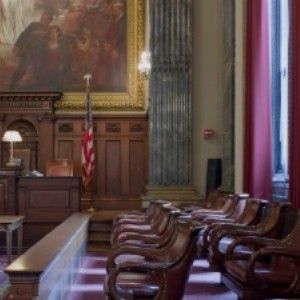Is jury nullification legal?

Yes, jury nullification is legal in the United States and many other countries as well. The rest of this section will discuss only the details with respect to the United States.
In the United States, it is illegal for a judge to direct a jury that it must deliver a guilty verdict, jurors cannot be punished for their verdicts whatever their reasons may be, and a jury’s verdict of not guilty cannot be overturned.
Confusion over whether or not jury nullification is legal often comes from prosecutors, judges, and other detractors who wish to discourage its use. They will often strongly imply or outright falsely state—even in the instructions to the jury—that “there is no such thing as valid jury nullification” or that to engage in jury nullification would constitute a violation of the juror’s oath.
Such harsh and authoritative-seeming statements are intended to dissuade jurors from exercising their full authority as the final arbiter in courts of law. But even in appeals cases with rulings unfavorable to jury nullification, such as those allowing judges to fail to inform or to outright lie to jurors about jury nullification, courts agree that jury nullification is a power that jurors have, that they cannot be punished for exercising it, and that Not Guilty verdicts cannot be overturned even if arrived at by way of conscientious acquittal.
Supreme Court justice Sonia Sotomayor, at the time of this writing the only Supreme Court justice who has ever presided over a trial by jury, spoke publicly about jury nullification (begins at approximately 26 minutes into the linked video) and her comments are also in agreement with this assessment:
"You know the Second Circuit has an opinion that basically says that juries should never be instructed about jury nullification and that any instruction that would suggest it is wrong. I hewed very closely to the Second Circuit line for many, many years. As I’ve grown more in the system and watching it, I’m not so sure that that’s right.
Think about what juries did during the civil rights movement. If it weren’t for jury nullification, we would have many civil rights individuals who would be convicted felons or otherwise for things that today we think are protected by the First Amendment.
There is a place, I think, for jury nullification. Finding the balance of that and the role that a judge should or should not play in advising juries about that is, I think, a different thing.
But I think that we need—you’re right. Our forefathers did not believe that juries necessarily always got it right, but it was, I think what they believed is that the jury getting it wrong, was better than the crown getting it wrong."
-
Estimated Convictions Obtained by Plea Bargain
97%
-
Extra Punishment for Refusing a Plea Deal
64%
-
Rank of U.S. in Incarceration
1
-
Years FIJA Has Fought for Jury Rights
36


